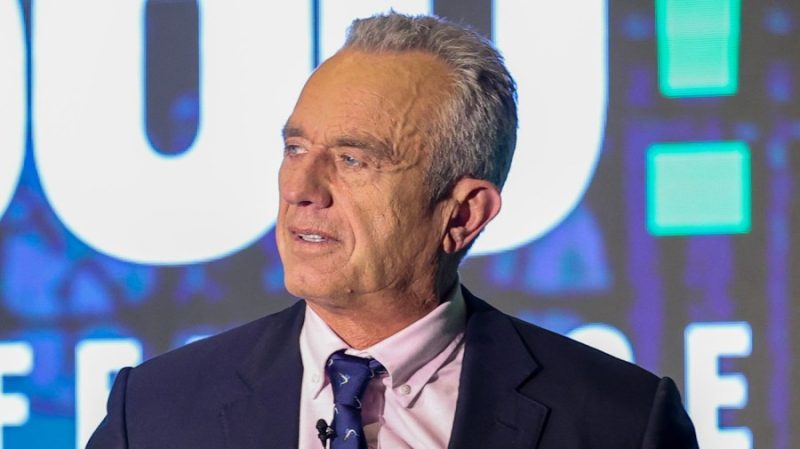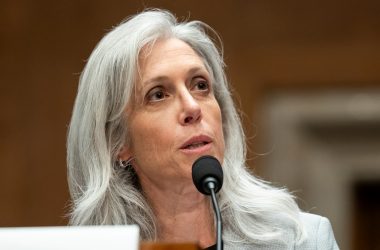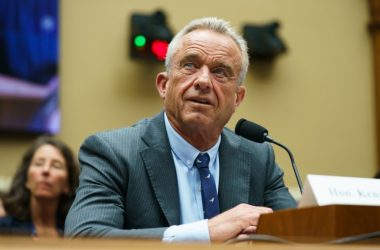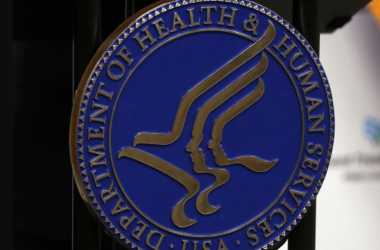If confirmed as head of the Department of Health and Human Services (HHS), prominent vaccine skeptic Robert F. Kennedy Jr. wouldn’t have the authority to ban vaccines — but health experts warn there are other ways he could exert influence over them.
Kennedy’s position would give him significant power over the agencies that regulate vaccines, and he could potentially seek to reduce vaccine funding requests, withdraw vaccine recommendations and restrict legal protections for vaccine makers, among other actions.
There are some guardrails in place that could make changing the status quo on vaccines challenging, however.
For his part, Kennedy emphasized in a post on the social platform X in October that he won’t “take anyone’s vaccines away from them,” saying, “I just want to be sure every American knows the safety profile, the risk profile, and the efficacy of each vaccine. That’s it.”
Here’s what experts say he could do if confirmed to lead the department, and what he couldn’t.
He could decide who makes determinations related to vaccine coverage
Federal law requires Medicaid to cover all vaccinations for adults and children recommended by the Centers for Disease Control and Prevention’s (CDC) Advisory Committee on Immunization Practice (ACIP) at no cost to them. Medicare covers routine vaccinations, and the Affordable Care Act requires most private health insurance companies to cover vaccinations as well.
As HHS secretary, Kennedy would oversee the CDC, as well as HHS’s other subagencies, and would have complete power to appoint people to the ACIP. All of the committee’s members will be up for reappointment at some point over the next four years.
The secretary and the Food and Drug Administration (FDA) commissioner can also select members of the FDA Vaccines and Related Biological Advisory Committee, which is another important federal advisory committee on vaccines, according to Joshua Michaud, associate director for global health policy at KFF.
He couldn’t redirect vaccine funding from Congress, but he could seek to reduce requests
Funding for HHS is ultimately controlled by Congress through the appropriation process, but Kennedy would still hold leverage when it comes to how money is used in the agency if confirmed as secretary.
The CDC has several grant programs that send funds to state health departments, some of which go toward vaccine programs. One example of this is the Vaccines for Children Program, a 30-year-old program that provides vaccines to children whose parents or guardians might not be able to afford them.
Once federal funds are allocated for the program, that money is sent to the CDC, which buys vaccines at a discounted price and gives them to Vaccines for Children Program providers at the state and local level, according to the agency’s website.
The Impounding Control Act of 1974 states that funds appropriated for a particular purpose must be used for that purpose. So Kennedy or President-elect Trump could not simply choose to divert those funds toward something else.
But what Kennedy could do — if the Office of Management and Budget and the president agreed — is lower the amount of money requested for a vaccine program from Congress, according to a professor of public health at Harvard University.
He could delay or revoke vaccine recommendations — though it could be an uphill battle
Howard Lutnick, a co-chair of the Trump transition team, said in late October that Kennedy wants access to federal health data to see which vaccines are unsafe and try to pull them off the market.
That comment has led many health experts, including those who spoke to The Hill, to believe that Kennedy would likely cherry-pick data so that he could direct the director of the CDC or the commissioner of the FDA — the agency responsible for approving new vaccines — to either withdraw or make a recommendation for a vaccine.
Revoking the approval for a vaccine once it’s already been granted is not an easy thing to do, however. It would require submitting evidence that the vaccine meets the FDA’s standards to prove of harm, while public health agencies have a slew of results from clinical studies and real-world data showing vaccines are safe and effective.
And while the FDA commissioner is politically appointed, the center directors of the FDA hold huge sway in the agency and are the ones who really make the decision to approve a drug, according to Lawrence Gostin, director of the O’Neill Institute for National and Global Health Law at Georgetown University.
“Certainly, a Secretary Kennedy could overrule them … but you have a very determined career scientific civil service that would fight back,” Gostin told The Hill.
He could undermine legal protections for vaccine makers
Vaccines have helped save the lives of more than 154 million people across the globe over the last 50 years, according to the World Health Organization. But there are a very small number of people who have been injured by some vaccines.
As a result, drug companies are cautious when making vaccines, and legal protections have been in place to shield vaccine makers from lawsuits in most cases since the 1986 passage of the National Childhood Vaccine Injury Act.
The development of vaccines under emergency conditions has been similarly protected for the last two decades.
For that reason, the people who do experience an adverse side effect of a vaccine have limited options for suing the drug companies that make it. People need to request compensation from a program run by the Health Resources and Services Administration before they can try to sue a drugmaker or health care provider.
Kennedy has publicly criticized these protections, and falsely stated during a 2023 interview with podcaster Joe Rogan that it is impossible for people to sue vaccine makers, according to STAT.
As HHS secretary, Kennedy would need the approval of Congress to change the existing legal liability protections in place for vaccine makers — but he could still undermine those protections without Congress, according to Gostin.
The HHS secretary can remove or add to the list of vaccines and injuries that are included in the Vaccine Injury Table and therefore covered by the National Vaccine Injury Compensation Program.
Any changes to the list could cause some liability protections to be removed, according to Michaud. Their removal could in turn scare some manufacturers into taking those products off the market.
“And that would be really devastating,” said the public health professor at Harvard.





